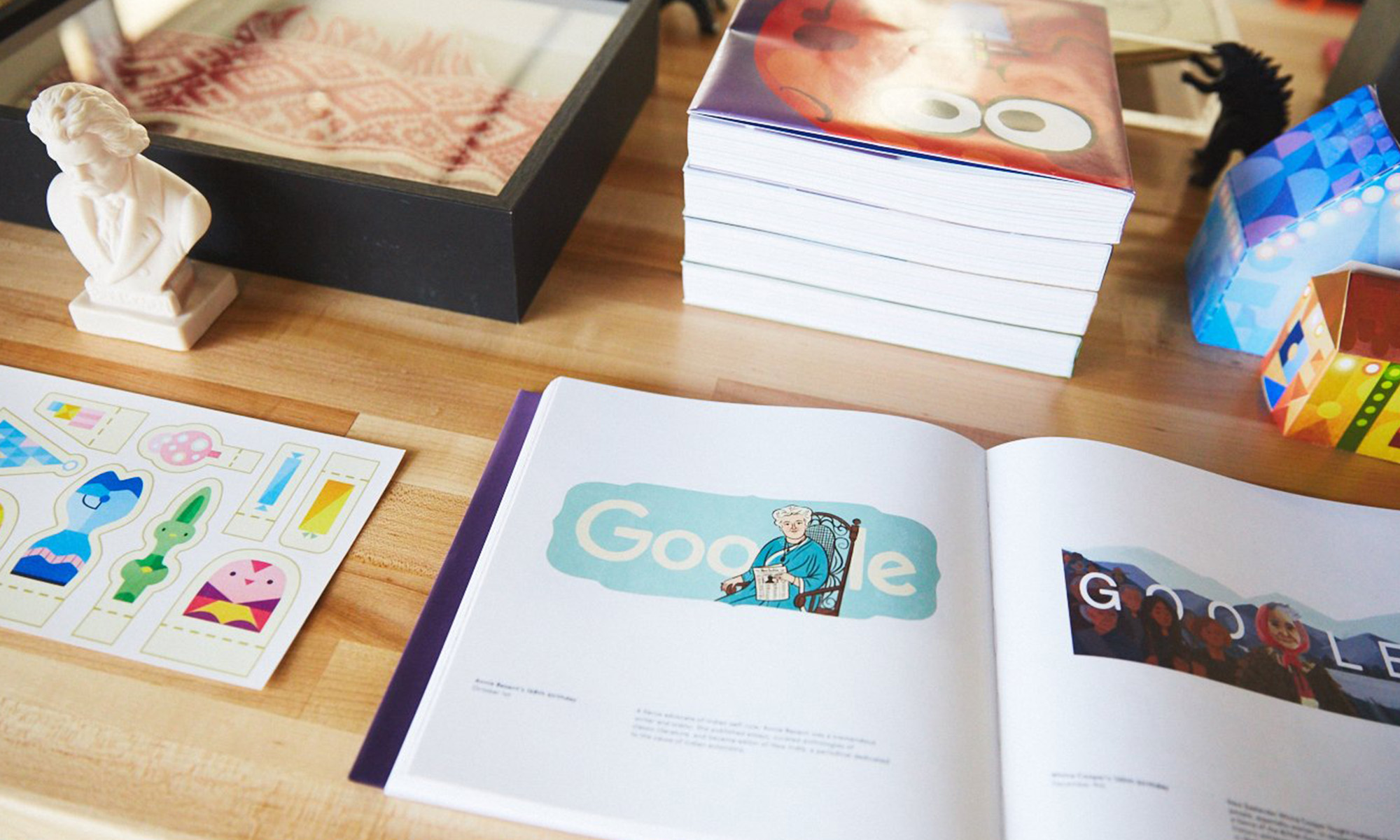Soon, Microsoft (MSFT 0.04%) will own Nokia's (NOK +0.77%) handset business. When it does, it could decide to discontinue the Nokia X and X+, the two newly announced smartphones from Nokia powered by a modified version of Google's (GOOG +0.50%) Android operating system.
While Nokia insists that its X phones should help Microsoft's mobile efforts, they could be just as beneficial to Google. The broader tech media, responding to the announcement, has concluded as much, with headlines like "Nokia's Forking of Android Could Benefit Google," and "Nokia is Going to Embarrass Microsoft By Releasing an Android Phone."
Although forked versions of Android are less beneficial to Google than those that include its web services, their existence still benefits the overall Android ecosystem and, by extension, Google itself.
The threat of a forked Android
Android, as a largely open-source operating system, can be forked, or heavily modified, to remove Google's services. In the U.S., the most prominent example of an Android fork is FireOS, Amazon.com's operating system that powers its Kindle Fire tablets.
Unlike Microsoft, which charges a licensing fee for its operating systems, Google develops Android, and it gives it away for free. Android, as Google imagines it, is built around its services -- gmail, Google Maps, Google Drive, Hangouts, etc. In theory, the more people use an Android device, the more they'll use Google's various web services.
Unless, of course, they're using a forked version. FireOS, for example, replaces Google's services with a combination of Amazon's and Microsoft's. Google gets virtually no value out of a Kindle Fire owner and, to make matters worse, that Kindle Fire may have been purchased in lieu of a full-fledged Android tablet.
Why Microsoft might want to discontinue the Nokia X
Similarly, Nokia's management has argued that the X should benefit Microsoft. Like other Android forks, Google's services have been removed, replaced with Microsoft's alternatives (OneDrive instead of Google Drive, Skype instead of Hangouts, Nokia's app store instead of Google Play, and so on).
The X is aimed at buyers in emerging markets who are on strict budgets. Infatuated with Microsoft's services, they could eventually move on to a higher-end Nokia handset powered by Microsoft's Windows Phone when it comes time to upgrade -- or, at least, that's what Nokia's management hopes.
They could also move on to a high-end Android device made by one of Google's many hardware partners. Although the X phones should bring Microsoft's web services to a wider audience, they also threaten to marginalize Microsoft's mobile operating system. App developers, already leery of Microsoft's paltry market share, could focus their efforts exclusively on Google's Android. Even X owners who are addicted to OneDrive integration may be more addicted to their Android-exclusive apps, and therefore be less likely to choose a Windows phone when it comes time to upgrade
Building an app ecosystem
The same holds true for any Android fork -- even if developers focus their attention on a modified version of Android, they're still focusing on Android, strengthening the ecosystem, and expanding the number of available apps.
In China, Google's version of Android is basically nonexistent -- forks are completely dominant -- but it would be a mistake to assume Google derives absolutely no benefit from China. Chinese mobile developers favor Android, and Chinese hardware OEMs have gone with modified versions of Android rather than backing competing operating systems.
Last year, research firm Flurry projected that Android's Chinese dominance could ultimately tip the software edge to Google, even in developed markets, as Chinese app creators export their creations beyond their borders.
While it would be better for Google if every version of Android used its services, the growth of Android -- forked or not -- is still beneficial to the search giant. The fact that Microsoft is potentially threatened by, embarrassed of, or would consider discontinuing, Nokia's upcoming Android phones is proof enough of that.









